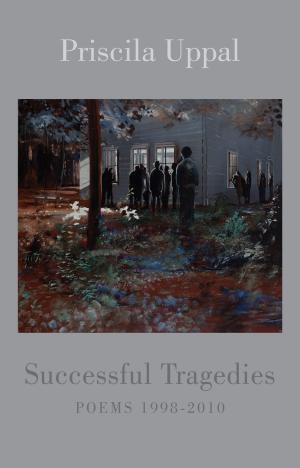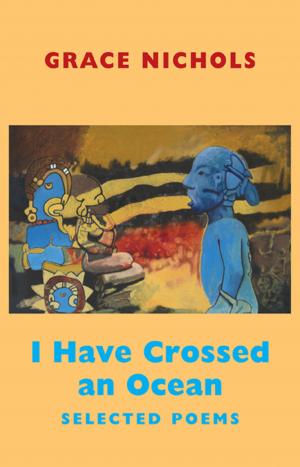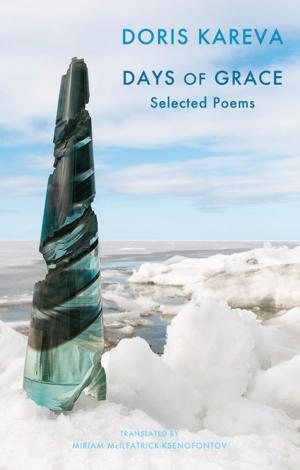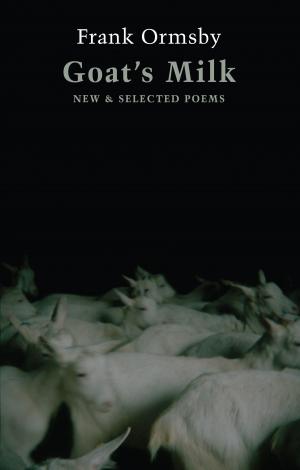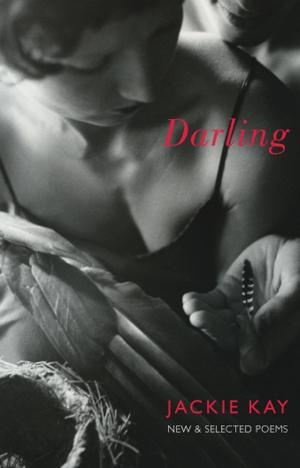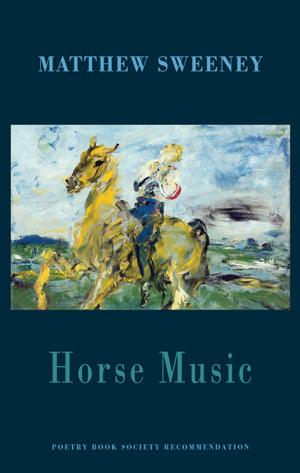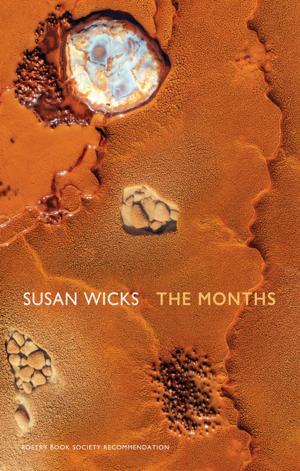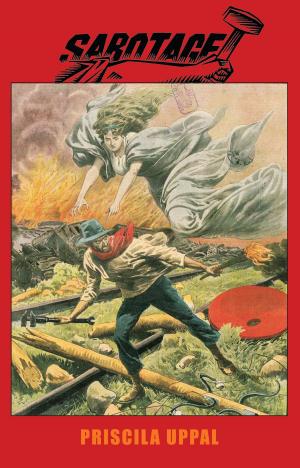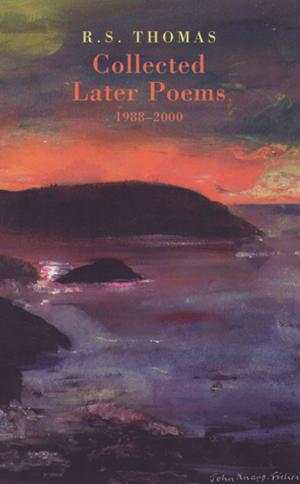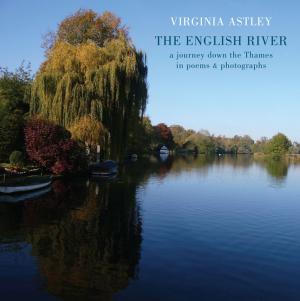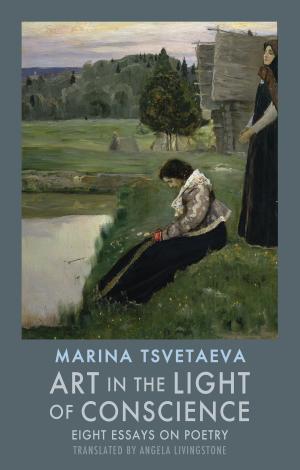| Author: | Anne Stevenson | ISBN: | 9781780370521 |
| Publisher: | Bloodaxe Books | Publication: | October 25, 2012 |
| Imprint: | Bloodaxe Books | Language: | English |
| Author: | Anne Stevenson |
| ISBN: | 9781780370521 |
| Publisher: | Bloodaxe Books |
| Publication: | October 25, 2012 |
| Imprint: | Bloodaxe Books |
| Language: | English |
Poetry Book Society Recommendation. Anne Stevenson is one of Britain's leading poets. Astonishment, published just before her 80th birthday, is her second new collection since her much praised Bloodaxe retrospective Poems 1955-2005. Taking its title from Derek Walcott's line, 'The perpetual ideal is astonishment', Anne Stevenson's sixteenth collection of poems looks back over eighty years of the earth's never-ceasing turbulence, setting clearly remembered scenes from her personal past against a background of geographical and historical change. As always, her chief preoccupation is with the extraordinary nature of experience itself, and this she explores as a geologist might explore the rock layers beneath an urban surface relied upon by the senses, yet in the perspective of deep time acknowledged to be temporary and passing. As a poet who has always been anxious to balance imagination with insight and for whom the sound and shape of every poem is integral to its meaning, Stevenson views contemporary scientific and technological advance with a sceptic's compassion for its ecological and human cost. While in some poems she acknowledges her debt to writers such as Henry David Thoreau and Henry James, she carefully points out ways in which they anticipated the collapse of the world they valued. In others she demonstrates that a belief in scientific method and Darwinian evolution is in every way compatible with a sense of the sacred in the living world. Always what is most astonishing to her is that life exists at all, that the normal is also and amazingly the phenomenal. And although notes of poignant sadness, together with some witty assaults on human folly are sounded throughout this collection, its predominant tone is one of celebration. 'While Anne Stevenson is most certainly, and rightly, regarded as one of the major poets of our period, it has never been by virtue of this or that much anthologised poem, but by the work or mind as a whole. It is not so much a matter of the odd lightning-struck tree as of an entire landscape, and that landscape is always humane, intelligent and sane, composed of both natural and rational elements, and amply furnished with patches of wit and fury, which only serve to bring out the humanity' -George Szirtes, London Magazine. 'One of the most important poets active in England today… she presents us with a complex reality where an intently sensory world inhabited by wilful resistant people is overlaid by ghosts, ideas, and spectral emissions: the historical, philosophical, and scientific -all dimensions of what obviously isn't there and yet can't be denied' -Emily Grosholz, Michigan Quarterly.
Poetry Book Society Recommendation. Anne Stevenson is one of Britain's leading poets. Astonishment, published just before her 80th birthday, is her second new collection since her much praised Bloodaxe retrospective Poems 1955-2005. Taking its title from Derek Walcott's line, 'The perpetual ideal is astonishment', Anne Stevenson's sixteenth collection of poems looks back over eighty years of the earth's never-ceasing turbulence, setting clearly remembered scenes from her personal past against a background of geographical and historical change. As always, her chief preoccupation is with the extraordinary nature of experience itself, and this she explores as a geologist might explore the rock layers beneath an urban surface relied upon by the senses, yet in the perspective of deep time acknowledged to be temporary and passing. As a poet who has always been anxious to balance imagination with insight and for whom the sound and shape of every poem is integral to its meaning, Stevenson views contemporary scientific and technological advance with a sceptic's compassion for its ecological and human cost. While in some poems she acknowledges her debt to writers such as Henry David Thoreau and Henry James, she carefully points out ways in which they anticipated the collapse of the world they valued. In others she demonstrates that a belief in scientific method and Darwinian evolution is in every way compatible with a sense of the sacred in the living world. Always what is most astonishing to her is that life exists at all, that the normal is also and amazingly the phenomenal. And although notes of poignant sadness, together with some witty assaults on human folly are sounded throughout this collection, its predominant tone is one of celebration. 'While Anne Stevenson is most certainly, and rightly, regarded as one of the major poets of our period, it has never been by virtue of this or that much anthologised poem, but by the work or mind as a whole. It is not so much a matter of the odd lightning-struck tree as of an entire landscape, and that landscape is always humane, intelligent and sane, composed of both natural and rational elements, and amply furnished with patches of wit and fury, which only serve to bring out the humanity' -George Szirtes, London Magazine. 'One of the most important poets active in England today… she presents us with a complex reality where an intently sensory world inhabited by wilful resistant people is overlaid by ghosts, ideas, and spectral emissions: the historical, philosophical, and scientific -all dimensions of what obviously isn't there and yet can't be denied' -Emily Grosholz, Michigan Quarterly.




